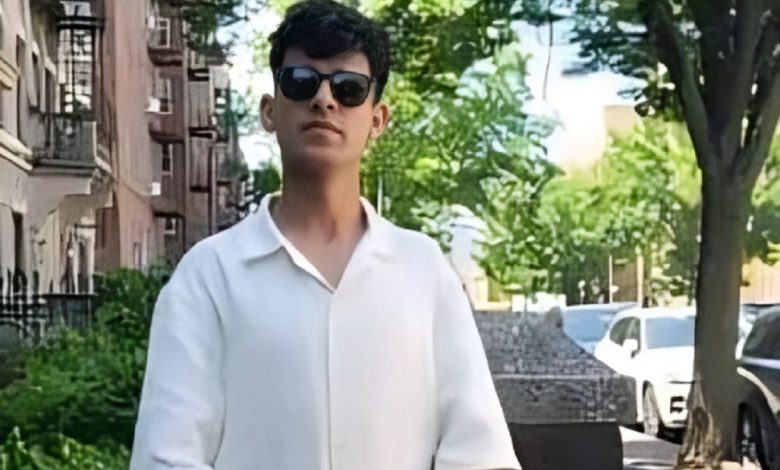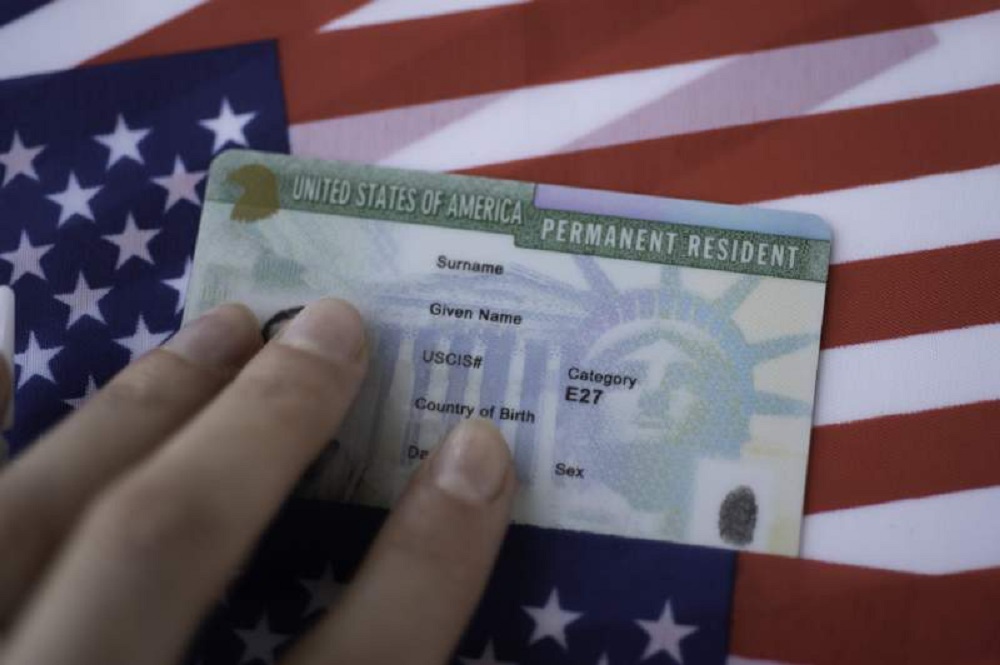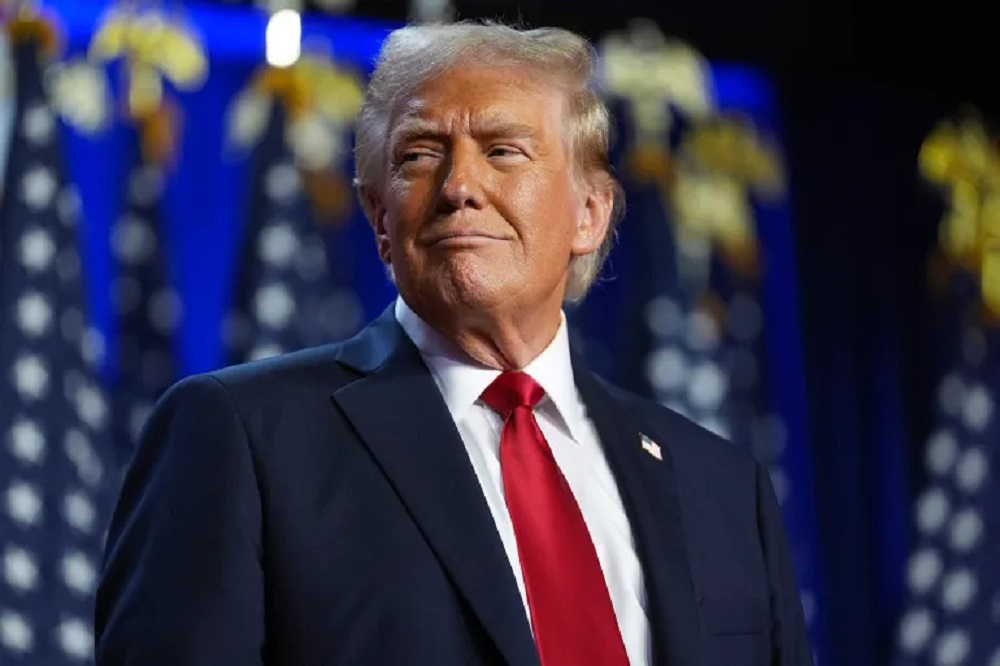First Yemeni Wins U.S. Diversity Visa After Trump’s New Travel Ban on 12 Countries
Ali Abdullah Saleh Al-Jaradi arrives in New York, becoming the first Yemeni granted a U.S. Diversity Visa amid renewed restrictions targeting multiple Muslim-majority nations.

In a significant and symbolic moment, Ali Abdullah Saleh Al-Jaradi has become the first Yemeni citizen to enter the United States on a Diversity Visa (“Visa Lottery”) following President Donald Trump’s new executive order banning the entry of nationals from 12 countries, including Yemen.
Trump’s 2025 Ban on 12 Countries
On June 9, 2025, a new immigration policy signed by President Trump officially came into effect. The order prohibits entry into the U.S. from 12 countries due to alleged national security concerns. Among these nations are four Arab countries: Yemen, Somalia, Sudan, and Libya.
According to the Yemenis in America platform, Ali Al-Jaradi successfully entered the U.S. through John F. Kennedy International Airport in New York, arriving from Algeria, where he had been residing since 2018.

Ali’s Background and Journey
Originally from Amran Governorate in northern Yemen, Al-Jaradi traveled to Algeria in 2018 on a medical scholarship. In 2024, he applied for the U.S. Diversity Visa Program (DV-2024–2026 cycle) for the first time—and was selected.
Despite the timing of Trump’s executive order, Al-Jaradi was able to proceed with his visa process through the U.S. Embassy in Algeria, where he completed his interview and was issued a visa on June 10, 2025—just one day after the ban went into effect.
His arrival in the U.S. marked a unique exception under the new ban, making him the first Yemeni national to receive a Diversity Visa post-ban.
Legal Loopholes and Exceptions
President Trump’s policy includes specific exemptions, allowing entry for:
-
U.S. green card holders (permanent residents)
-
Certain family reunification cases, such as spouses, children, and parents of American citizens, provided they show substantial evidence of familial ties
-
Refugees and asylum seekers with confirmed or pending humanitarian protection status
Thus, while the policy is sweeping, it still permits select immigration pathways under narrow conditions. Al-Jaradi’s case was likely processed due to the timing of visa issuance and his presence in a third country (Algeria) rather than Yemen.

Historical Context
This is the second time Trump’s administration has implemented such a travel ban, with the first occurring during his previous presidency from 2017 to 2021. That earlier ban, widely criticized as a “Muslim Ban,” was repealed by President Joe Biden in 2021.
The 2025 ban revives similar restrictions, this time citing increased vetting requirements and national security threats, as the justification for excluding certain nationalities.
Ali Abdullah Saleh Al-Jaradi’s arrival is more than a personal milestone—it represents the resilience of individuals from restricted nations who continue to seek legal immigration paths to the United States despite shifting political climates.
His journey highlights both the complexities of U.S. immigration policy and the aspirations of thousands of Yemeni youth pursuing education, safety, and opportunity abroad.



